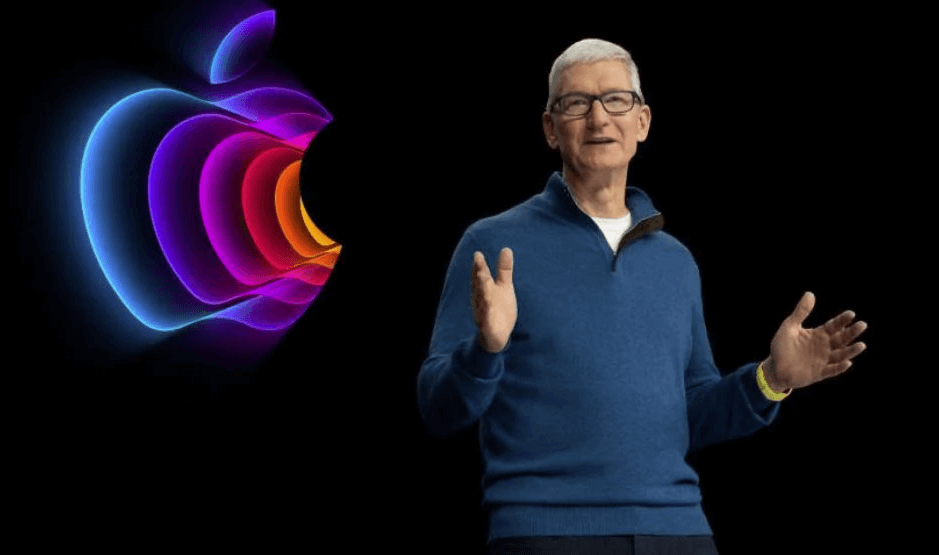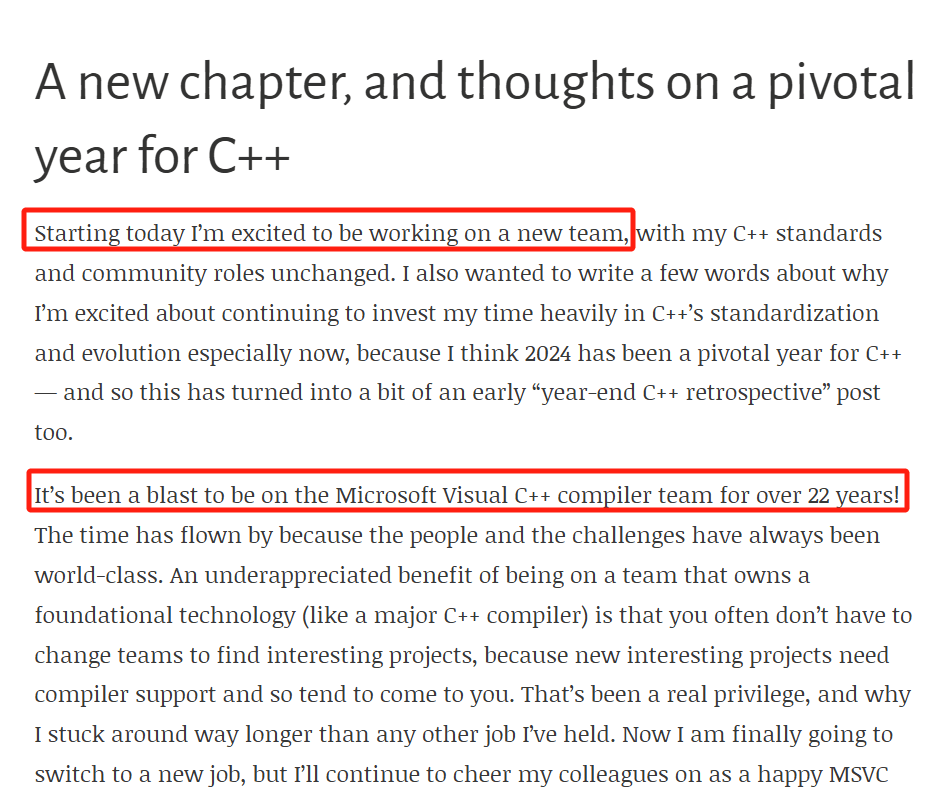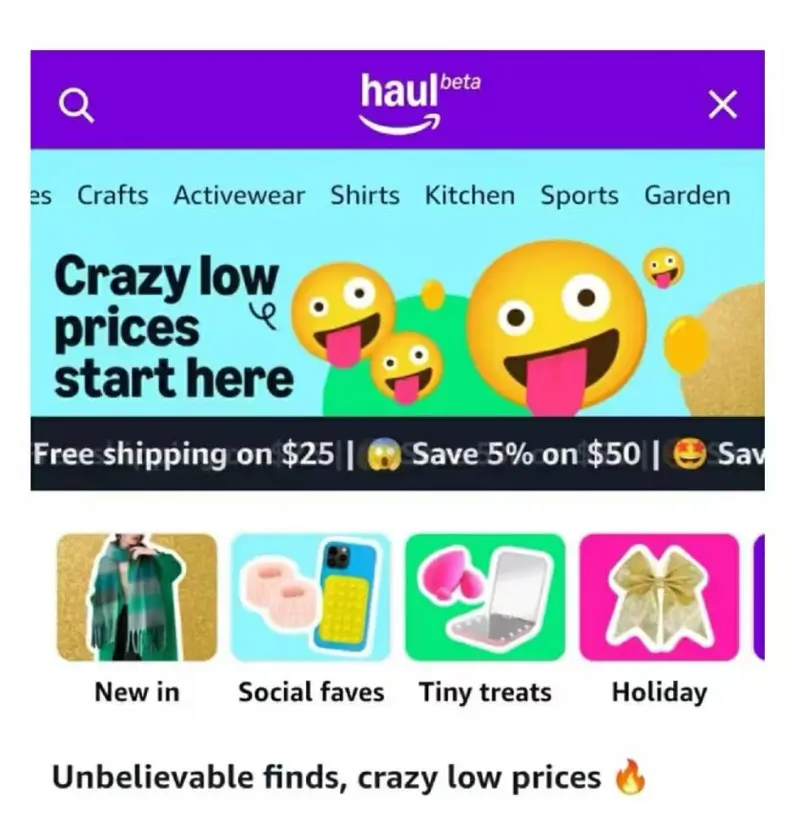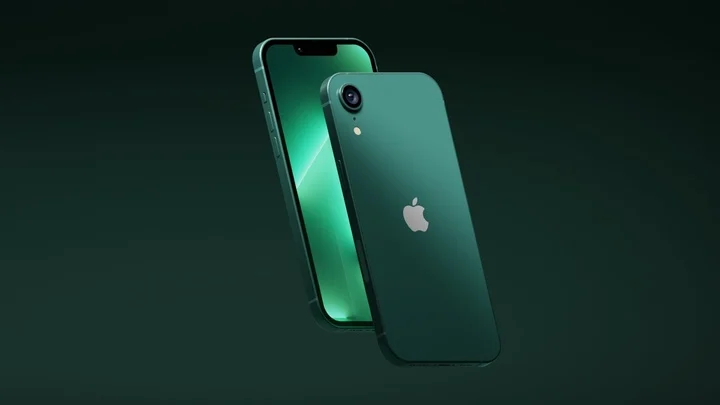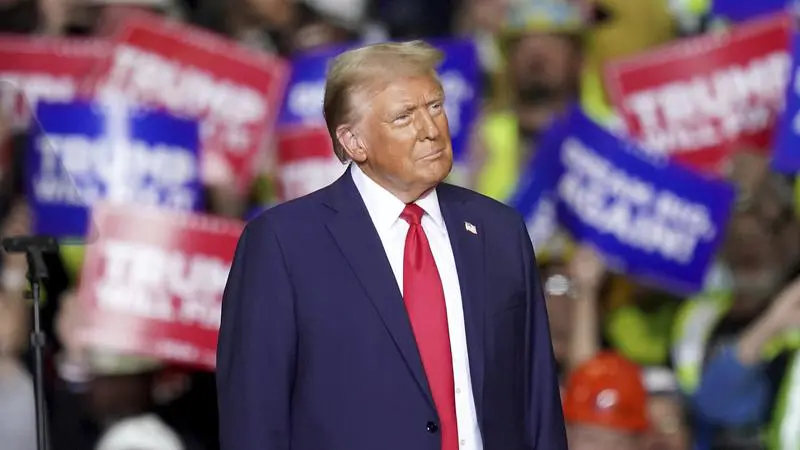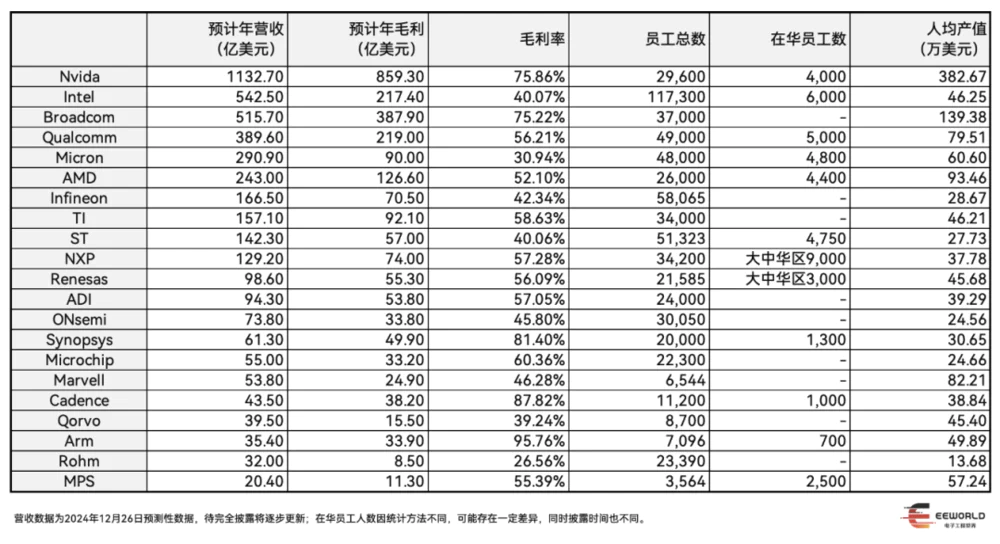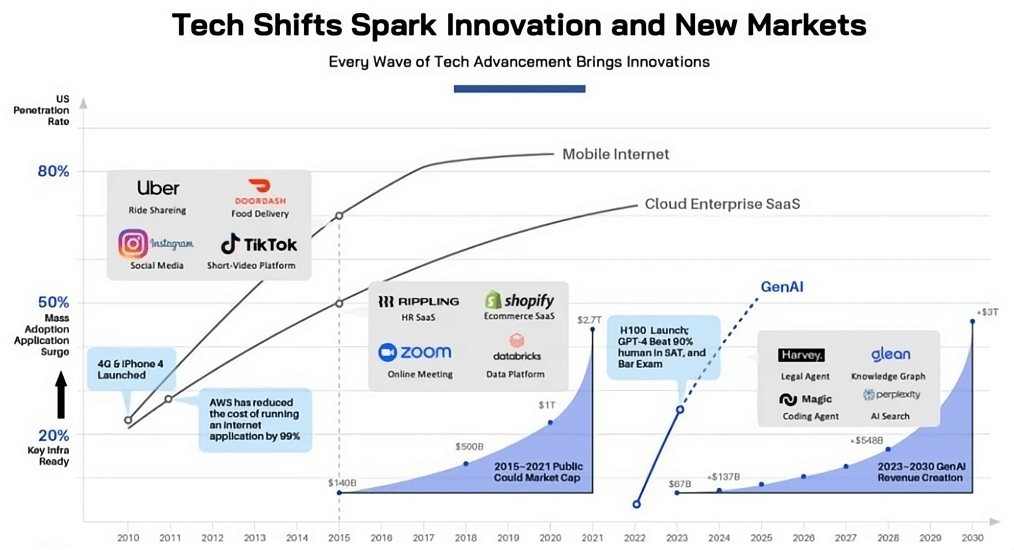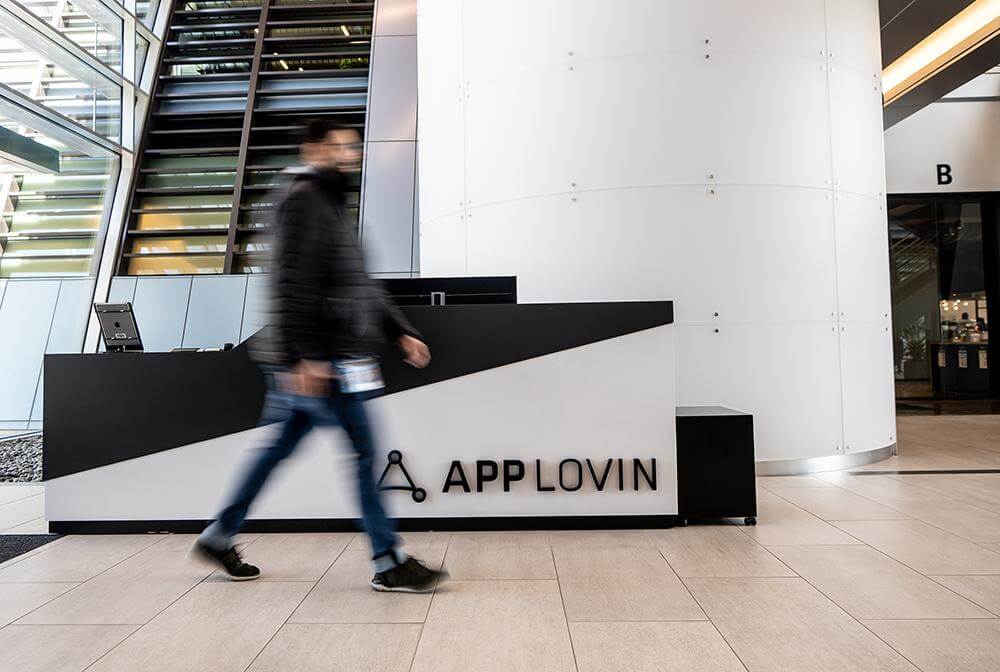As OpenAI grapples with rapid growth and financial pressures, CFO Sarah Friar reveals the company is considering introducing ads into its products. Despite previous reservations, OpenAI's increasing expenses and competition in the AI space may push the company towards monetizing via advertising, following the footsteps of other tech giants.

Finding a balance between user experience and commercial monetization has become a century-old dilemma for OpenAI.
Recently, OpenAI's CFO Sarah Friar stated in an interview with the Financial Times that OpenAI is weighing the possibility of introducing ads into its products.
Friar further explained:
"Our current business is growing rapidly, and we see tremendous opportunities within our existing business model. While we are open to exploring other revenue sources in the future, we do not yet have any concrete plans for ads."
However, reports citing insiders say that OpenAI has started recruiting advertising professionals from competitors like Meta and Google.
In May of this year, OpenAI hired Shivakumar Venkataraman, the former head of Google's search advertising team, as Vice President. Looking at OpenAI's executive team, several core members have extensive experience in the advertising industry.
For example, Chief Product Officer Kevin Weil previously led advertising product development at Instagram and X platforms. Friar highly praised his experience, saying:
"The good news about Kevin Weil running the product is that he comes from Instagram. He knows how advertising works."
We previously reported that CEO Sam Altman had expressed that traditional search engines heavily rely on ad revenue and that future AI search engines would find ways to avoid this revenue model.
However, in a recent fireside chat at Harvard Business School, when asked about the potential use of ads, Altman stated, "That would be the last resort... the combination of ads and AI makes me particularly uncomfortable."
Nevertheless, under the financial pressure brought by rapid company growth, Altman, who had previously been cautious about ads, seems to be adjusting his stance.
Currently, OpenAI’s main revenue sources are API licenses and ChatGPT subscriptions. Thanks to the immense popularity of ChatGPT, OpenAI's annual revenue has surged to around $4 billion, with over 250 million weekly active users.
But the problem is that OpenAI faces a harsh reality it must confront: developing AI models is like a bottomless pit, with every technological breakthrough accompanied by astronomical spending.
Reports have indicated that due to the company's massive operational costs, including renting Microsoft servers, training costs, employee salaries, and office rent, OpenAI expects a loss of about $5 billion in 2024.
In fact, the advertising model has long been the main revenue source for many internet giants.
Just recently, Perplexity AI, which initially started with a "no ads" approach, also couldn’t withstand the revenue pressure and announced it would experiment with brand ads in its AI search engine, offering three forms of ads: page ads, ad answers, and "related questions" ads.
The first round of advertising will focus on high-end sectors such as technology, pharmaceuticals, and finance, using a CPM (cost per thousand impressions) model with prices above $50, significantly higher than traditional digital ads.
Therefore, when API and subscription revenues are insufficient to cover massive expenses, the "old trick" of advertising is knocking on OpenAI's door.
However, Friar also pointed out the potential risks of the advertising model, as it could not only be impacted by macroeconomic fluctuations but also shift the company's focus from user experience to advertisers' interests.
"We do not rule out the possibility of introducing ads in the future," she said. "But for now, there is still a lot of room for development in our existing business model."
It is worth mentioning that, according to Ad Age, OpenAI has officially announced the appointment of Kate Rouch as Chief Marketing Officer.
Rouch will officially assume the role on December 10, responsible for promoting OpenAI's product portfolio, including ChatGPT, to consumers and enterprise users, and will also focus on promoting the company's vision for developing artificial general intelligence (AGI).
Before joining Coinbase as CMO in 2021, Rouch spent 11 years at Meta, where she led global marketing for apps like Instagram, WhatsApp, Messenger, and Facebook, as well as public affairs, corporate brand, and product marketing.
After officially taking office, she will report to COO Brad Lightcap and work on expanding the company's marketing team by recruiting professionals in areas such as brand marketing and research.
The report also mentioned that since the sudden rise of ChatGPT in 2022, OpenAI has remained low-profile, rarely engaging in large-scale marketing campaigns. In contrast, competitors like Google and Perplexity have already launched national TV ads.
In response, Rouch confidently stated, "You can expect us to take an offensive strategy."
In short, the "burning money" era in the AI industry is far from over, but a "pragmatic era" focused on balancing income and expenses is approaching.
From Perplexity to OpenAI, AI companies are retracing the commercialization path of internet giants, and advertising revenue seems to be an unavoidable choice.
